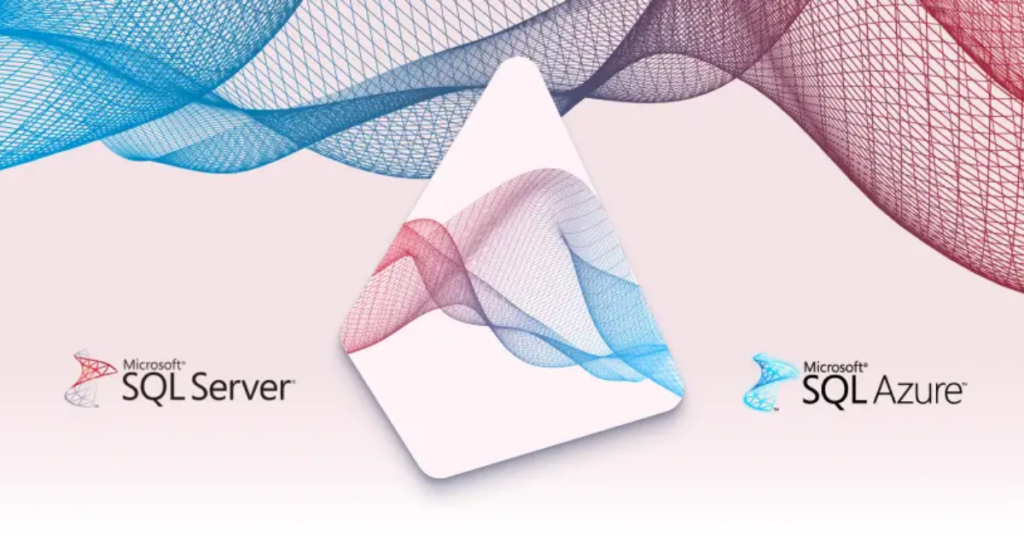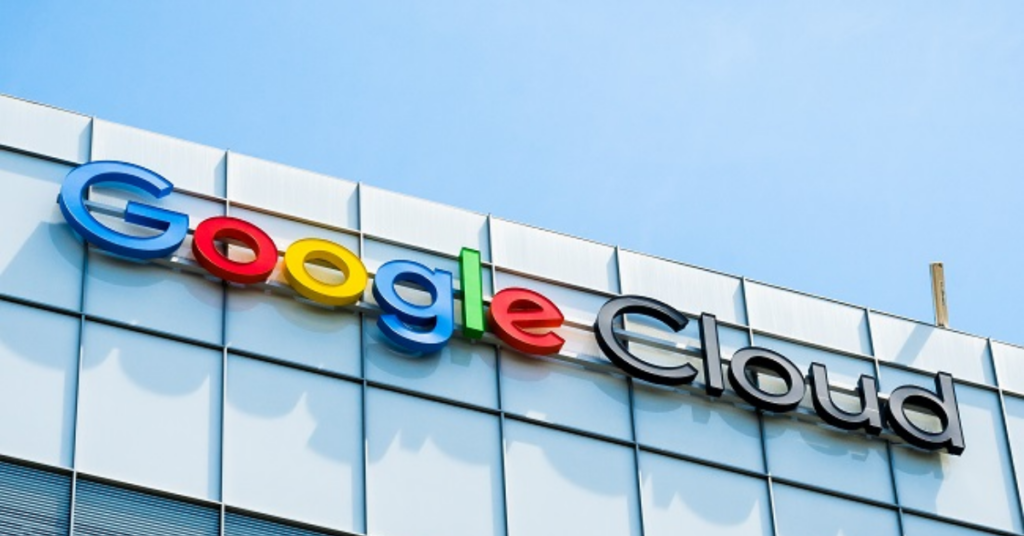In the rapidly changing world of technology, Microsoft’s recent decision to enhance AI support for non-profits goes beyond being a heartwarming tale. It is a calculated move that holds significant implications for major corporations. Let’s get straight to the point and discuss why this is important for your business.
Strategic AI Support and Corporate Impact
First and foremost, it is important to recognize that Microsoft’s motivations for this action are not solely driven by altruism. They possess a high level of intelligence. They recognize the potential of collaborating with organizations that not only make a positive difference in society, but also have surprisingly large budgets. It’s a mutually beneficial situation that enhances their reputation while also potentially boosting their profits.
But here’s where it gets intriguing for the rest of us in the corporate world: This move clearly indicates the direction in which AI adoption and corporate strategy are heading.
Microsoft is strongly committed to enhancing AI accessibility. They’re not just making empty promises; they’re backing up their words with action by allocating resources strategically. For large enterprises, it is crucial to recognize the importance of exploring how AI can revolutionize their operations. Falling behind in this area can have significant consequences.
CSR Goes Beyond Mere Buzzwords
Corporate Social Responsibility (CSR) initiatives have evolved beyond traditional practices such as tree planting or local sports team sponsorship. Microsoft is demonstrating the potential to combine advanced technology with positive societal impact. For enterprises, this presents exciting opportunities to engage in impactful CSR initiatives that go beyond superficial gestures and directly influence core business strategies.
Microsoft’s initiative showcases a model for large enterprises to work together with tech giants and non-profits, fostering collaboration and innovation. It’s no longer solely about financial transactions; it’s about utilizing your company’s knowledge and assets to generate mutual advantages.
The Untapped Potential in Non-Profit Organizations
Here’s a valuable insight that often goes unnoticed: Non-profit organizations frequently possess substantial financial resources and intricate operational requirements. They’re not just seeking assistance; they’re potential clients and partners who have the ability to bring about innovation in unforeseen ways. Forward-thinking businesses will begin to view the non-profit sector as more than just a corporate social responsibility opportunity, but rather as a promising market segment.
AI as a Key Competitive Advantage
In a competitive market, distinguishing yourself from others can be achieved through genuine AI implementation rather than just claiming to be “innovative.” Microsoft’s recent decision highlights the significance of incorporating AI into your business strategy in a manner that aligns with your brand values and market positioning.
It’s important to consider the implications for talent. With the rise of AI in non-profits, a fresh wave of socially conscious professionals with a knack for technology will come to the forefront. For large enterprises looking to attract top talent, it is crucial to demonstrate their commitment to staying at the forefront of technology and social responsibility.
As AI becomes more widespread, regulation will inevitably come into play. Through active involvement with non-profit organizations and a strong emphasis on social impact, Microsoft is strategically positioning itself to adapt to future regulatory environments. Enterprises should carefully evaluate the potential implications of their AI strategies on future policymakers.
The Data Goldmine
Non-profits often possess exclusive datasets that hold immense value for training AI models. While ethical considerations are of utmost importance, there is great potential for data-sharing arrangements that can bring significant advantages to partnering enterprises in the field of AI development.
The Final Verdict
Microsoft’s decision to expand AI support for non-profits is not only a kind gesture, but also a strategic move that demands the attention of every major corporation. It’s a brilliant demonstration of how technology, market opportunity, and social responsibility can come together harmoniously.
For those in charge of medium to large businesses, it’s clear that AI has already arrived, and it’s not just on the horizon anymore. And it’s not only about streamlining operations or improving efficiency. It’s all about transforming the way your business engages with society as a whole.
So, what’s your next step? Are you content with observing as others take advantage of this chance, or are you ready to take action and revolutionize the concept of a socially responsible, technologically advanced company? Time is of the essence in the fast-paced world of AI and business strategy, where decisive action is crucial.
Take this news as an opportunity to reassess your company’s approach to AI, CSR, and strategic partnerships, rather than simply reacting to it. The future belongs to those who can effortlessly combine all three elements. Are you prepared?




